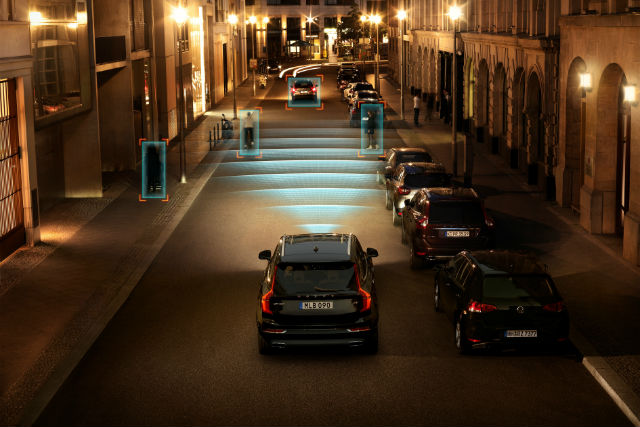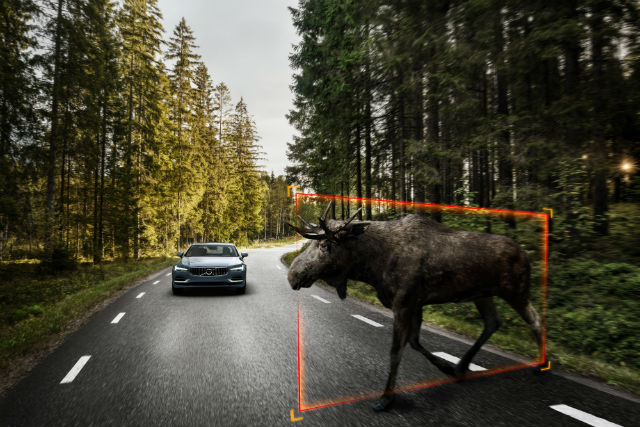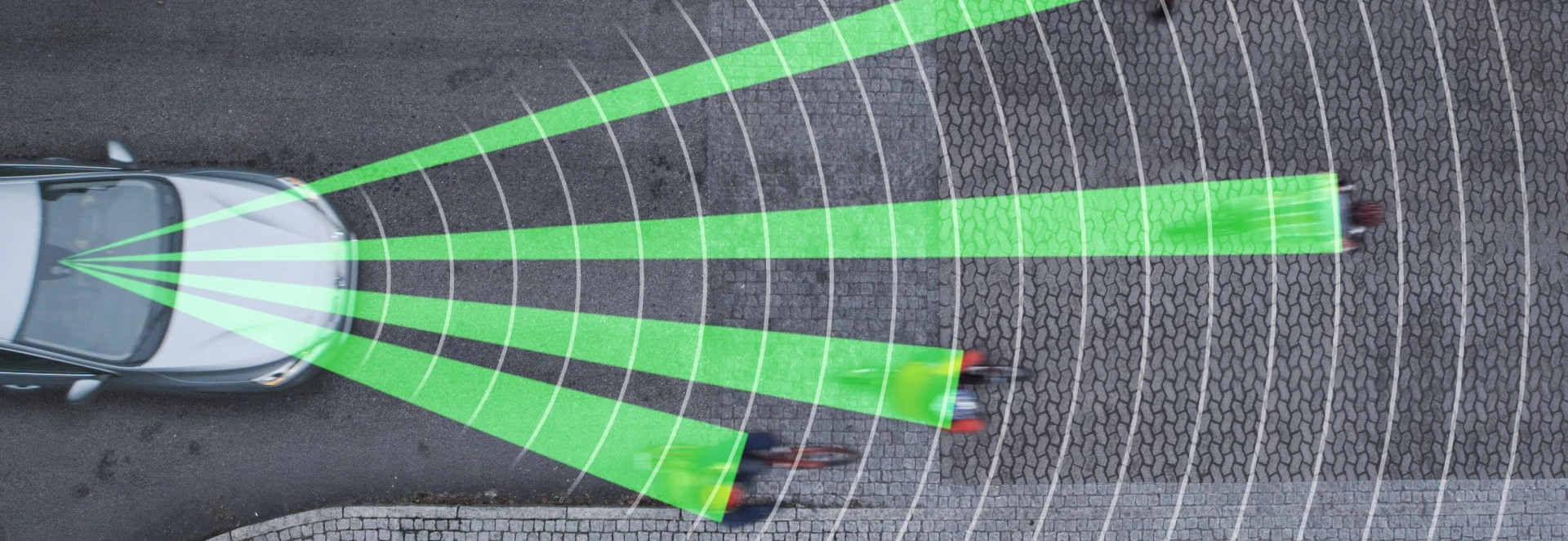Volvo has claimed that it will be able to make its cars death-proof by 2020, with the vehicles being apparently incapable of either killing or seriously injuring passengers or pedestrians.
The Swedish marque, which has long cultivated a reputation for safety, says that a world in which car accidents and deaths on the road are a thing of the past could be closer than most people think.
It maintains that the solution to a crash-free future lies in the development of driverless cars, but that high-tech safety features currently on the market can still make drivers safer in the meantime.

Speaking to CNN, Lex Kerssemakers, Volvo Cars North America’s CEO, said: “If you meet Swedish engineers, they're pretty genuine. They don't say things when they don't believe in it.”
Just some of the technology available on current cars includes blind-spot detectors that watch for oncoming vehicles and adaptive cruise control which can maintain a consistent gap to cars in front.
As well as that, there are also gadgets which can detect when the driver’s feeling drowsy, and autonomous braking systems that can automatically stop the car in the event of an impending crash.
Volvo's long-held reputation for safety
The key to integrating new safety features, Volvo believes is that they should be engineered to assist drivers rather than try to second-guess them, instead engaging only when absolutely necessary.
However, Volvo has stressed that it won’t be liable for any acts of stupidity behind the wheel, or crashes in which drivers are deliberately attempting to hurt themselves or others.
Currently, Volvo already makes nine model in which nobody in the United States alone has died in the past four years, with the XC90 consistently commended as one of the safest cars on earth.

Using a combination of its current technologies and further advancement towards fully-autonomous cars, the manufacturer says that it’s well on its way to eliminating road deaths by four years’ time.
Safety engineer Erik Coelingh said: “With the development of full autonomy we are going to push the limits of automotive safety, because if you make a fully autonomous vehicle you have to think through everything that potentially can happen with a car.”




